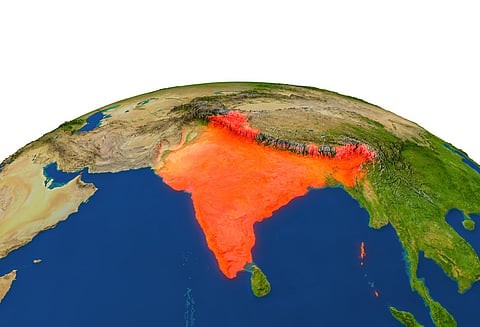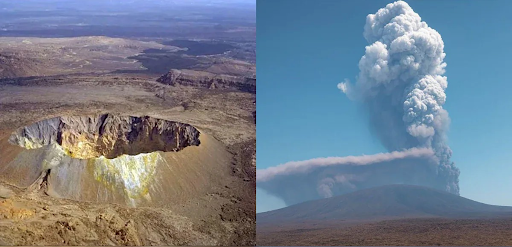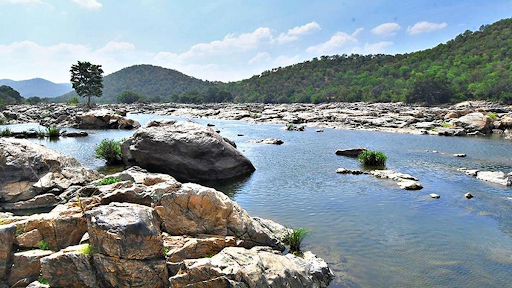





Disclaimer: Copyright infringement not intended.
Japan’s warship asserts the right to sail through the Taiwan Strait.
A strait is a narrow body of water that connects two larger bodies of water.
It may be formed by a fracture in an isthmus, a narrow body of land that connects two bodies of water. Tectonic shifts can lead to straits. One strait that was formed by tectonic activity is the Strait of Gibraltar, the only link between the Mediterranean Sea and the Atlantic Ocean.
If fractures in an isthmus are created by human activity, the straits are usually called canals. The Suez Canal was constructed in 1869 as a waterway between the Mediterranean Sea and the Red Sea. It is an important economic strait. Another example is Panama canal.
The island of Taiwan is separated from the southeastern coast of mainland China by a narrow body of water known as the Taiwan Strait. The strait is an arm of the Pacific Ocean. It links the South China Sea, to the southwest, with the East China Sea, to the northeast. The strait is also called Formosa (“Beautiful”) Strait, a name given to it by Portuguese navigators in the late 16th century.
The Taiwan Strait is about 100 miles (160 kilometers) wide at its narrowest point. It reaches a depth of about 230 feet (70 meters). Taiwan’s P’eng-hu Islands (also called the Pescadores Islands) lie within the strait. Major ports along the strait include Kao-hsiung on Taiwan and Xiamen (or Amoy) in China’s Fujian province. The weather around the strait is usually warm and humid, and typhoons (tropical cyclones) often develop during the summer.
The Taiwan Strait’s strategic importance lies not only in its role as a key shipping lane but also as a geopolitical fault line between China and the U.S.-aligned countries in the region. The waterway is vital for global trade, and any disruption could have far-reaching consequences for the world economy. Furthermore, the strait is central to China's territorial ambitions and its broader goal of asserting dominance in the Indo-Pacific region.
For Taiwan, the strait is a crucial defensive barrier. Any Chinese attempt to invade the island would require crossing the strait, making it a flashpoint for potential military conflict. For the U.S. and its allies, maintaining freedom of navigation in the Taiwan Strait is essential for preserving the rules-based international order and countering China's assertive actions.
Must read articles:
Taiwan Strait: https://www.iasgyan.in/daily-current-affairs/taiwan-strait-44
Bab al-Mandab Strait: https://www.iasgyan.in/daily-current-affairs/bab-al-mandab-strait
Black Sea, Red Sea & Panama Canal: https://www.iasgyan.in/daily-current-affairs/black-sea-red-sea-panama-canal
Strait Of Hormuz: https://www.iasgyan.in/daily-current-affairs/strait-of-hormuz
Source:
https://kids.britannica.com/students/article/Taiwan-Strait/603189
https://education.nationalgeographic.org/resource/strait/
|
PRACTICE QUESTION Q.Consider the following pairs:
How many of the above pair/s is/are correct? A. Only one B. Only two C. All three D. None Answer: C Explanation: Bosporus Strait The Bosporus Strait is a natural water route located in northwestern Turkey. Bosporus has always been strategically important. It connects the Black Sea with Sea of Marmara and, by extension via the Dardanelles, the Aegean and Mediterranean Seas. Strait of Gibraltar The Strait of Gibraltar has a strategic importance, as it connects the Mediterranean Sea and the Atlantic Ocean. It separates Gibraltar and Peninsular Spain in Europe from Morocco and Ceuta in Africa. Bering Strait The Bering Strait is an important waterway between the easternmost point of Asia and the westernmost point of North America, which separates Russia and Alaska. It is the boundary point of North America and Asia. The Bering Strait is named after Danish explorer Vitus Bering. |






© 2025 iasgyan. All right reserved